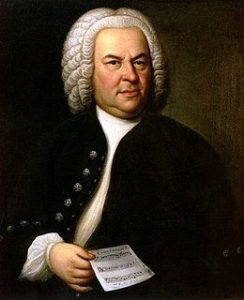Last week in “Fluid Readers, Fluid Texts,” we looked at Graff and Birkenstein’s They Say/I Say: The Moves that Matter in Academic Writing. If’s worth noting that in their effort to offer practical guidance on good academic writing, Graff and Birkenstein quickly and naturally make the shift we’ve described in previous discussions as moving “up one level of abstraction.” There’s simply no way they can argue for the value of their practical advice without getting theoretical, without getting “meta.” They don’t call attention to this move, but it’s there all the same. In the first paragraph of their introduction, they describe writing as a particular kind of activity – an activity, like playing the piano, shooting a basketball, or driving a car – that is learned and that can be broken down into a sequence of “moves.” Not all human activities are of this type.
Behind that first paragraph, then, lies the theoretical question “What is academic writing?” – a question to which the answer is no more obvious than the answer to the question, “What is a text?”
Graff and Birkenstein go further: the move-based activity that writing most closely resembles – perhaps is simply a form of – is conversation. To categorize writing this way is to imply answers to some related theoretical questions: What’s the purpose of academic writing? How, exactly, does it work? By what standards can we distinguish effective from ineffective writing?
We can think of Graff and Birkenstein the theorists as looking for a way to represent the activity of writing, as trying to build a model of it. These are useful words in general for thinking about what the activity of theorizing is. (And to choose them is, of course, to theorize about theory. There’s no end to how meta we can get!)
We spent the last part of class looking at the Lindsay Ellis video on film studies that Taylor posted. We saw that Lindsay Ellis’s argument seems to make many of the “moves” Graff and Birkenstein describe – that her argument fits their model of argumentation quite well. We also saw that to make her argument, she, too had to move up one level of abstraction; she, too, had to theorize. Her main theoretical question – What makes a bit of culture (whether a poem or an action movie) worth examining closely? – is one of the most important ones we can ask as practitioners of criticism.

